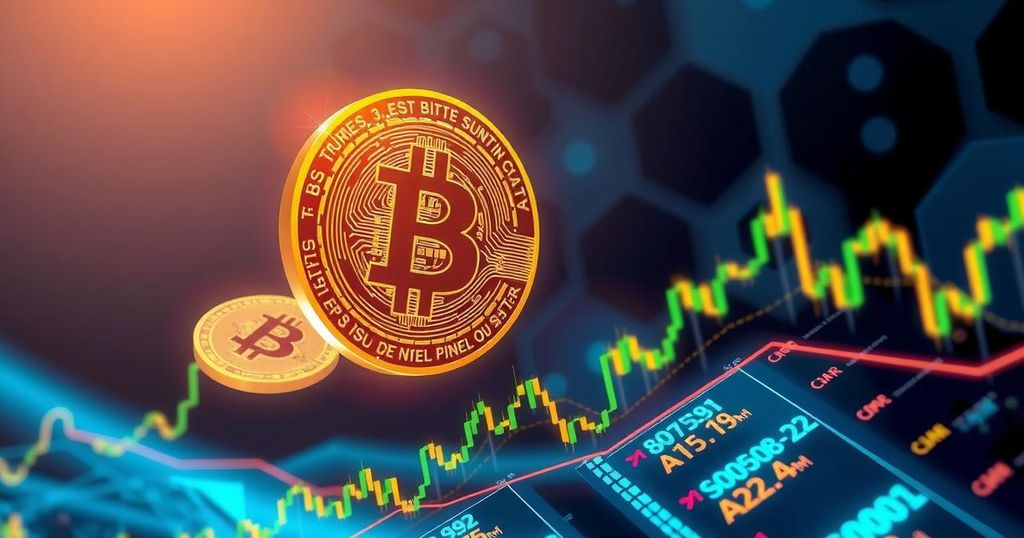US Policy Could Propel Bitcoin Prices to $1 Million
The BPI discusses how a U.S. policy decision could drive Bitcoin prices to $1 million. Key insights from the “Bitcoin Policy Hour” include concerns about the U.S. dollar’s stability and the potential for Bitcoin to replace traditional assets like gold if the government invests in it. Strategic implications of a U.S. Bitcoin purchase could reshape global financial dynamics.
In a recent episode of the “Bitcoin Policy Hour,” leaders from the Bitcoin Policy Institute (BPI) discussed a potential shift in the price of Bitcoin predicated on a significant U.S. government policy decision. Matthew Pines, Executive Director of BPI, highlighted that the current monetary structure, established in 1973, faces challenges to its dominance, particularly due to emerging powers like China. He noted that this evolution could affect the stability of the dollar-based system.
Zach Shapiro, BPI’s Head of Policy, echoed concerns regarding the decreasing trust in the U.S. dollar and Treasury securities, which may lead to alternatives being sought by global central banks, such as gold. With foreign governments accumulating gold and the U.S. freezing Russian reserves, Bitcoin could potentially offer a supplementary or alternative reserve asset, especially if the Trump administration were to purchase Bitcoin.
Shapiro explained the concept of “marking gold to market,” where revaluing statutory gold prices could create substantial surpluses for the Treasury. He posited that such proceeds, if redirected into Bitcoin, could significantly inflate the U.S. balance sheet. The discussion included the strategic dynamics between the U.S. and China, suggesting a multifaceted contest extending into monetary assets like gold and Bitcoin.
Pines referenced a recent executive order from the White House establishing the Strategic Bitcoin Reserve. This directive emphasises Bitcoin’s role as strategic to national interests, despite initial scepticism regarding its legitimacy. Agencies were mandated to audit current holdings of digital assets, with outcomes reported to the Treasury Secretary.
However, there remains ambiguity regarding financing Bitcoin acquisitions, as no agency has delineated a concrete plan. Shapiro pointed out that internal debates and varying interpretations of budget neutrality could impede progress. Alternative funding methods, such as tariffs or liquidating existing government assets, have been suggested as viable options.
If the U.S. were to announce a significant Bitcoin purchase, estimates of the price surge could be immense. Shapiro projected that a declaration to acquire a million Bitcoin would create a seismic market shift, potentially driving the price up to $1 million per Bitcoin. He cautioned, however, of subsequent geopolitical repercussions, as rapid monetization of Bitcoin could upset traditional financial dynamics, particularly affecting the long-term stability of gold.




Post Comment